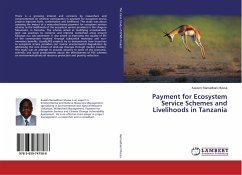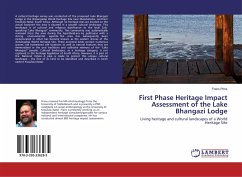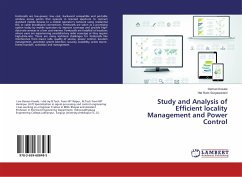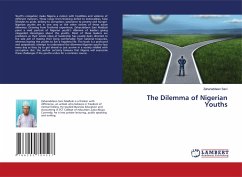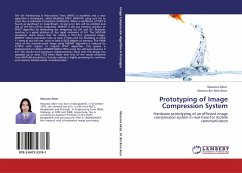There is a growing interest and concerns by researchers and conservationists on whether participation in payment for ecosystem service projects improves both, conservation and livelihood. This study was about assessing the impact of a watershed-based payment for ecosystem services scheme to the livelihoods of the ecosystem service providers in the Uluguru Mountains, in Tanzania. The scheme aimed at modifying unsustainable land use practices to conserve and improve watershed areas around Kibungo Juu sub-catchment. It also aimed at improving the quality of life of the communities involved through substantial monetary and non-monetary benefits. Usually,PES projects try to demonstrate how incentives to ecosystem service providers can reverse environmental degradation by addressing the core drivers of land-use changes through market creation. This study was an attempt to provide answers to some of the economic, scientific and social predicaments about the effectiveness of PES schemes on environmental/natural resource protection and poverty reduction.
Bitte wählen Sie Ihr Anliegen aus.
Rechnungen
Retourenschein anfordern
Bestellstatus
Storno

